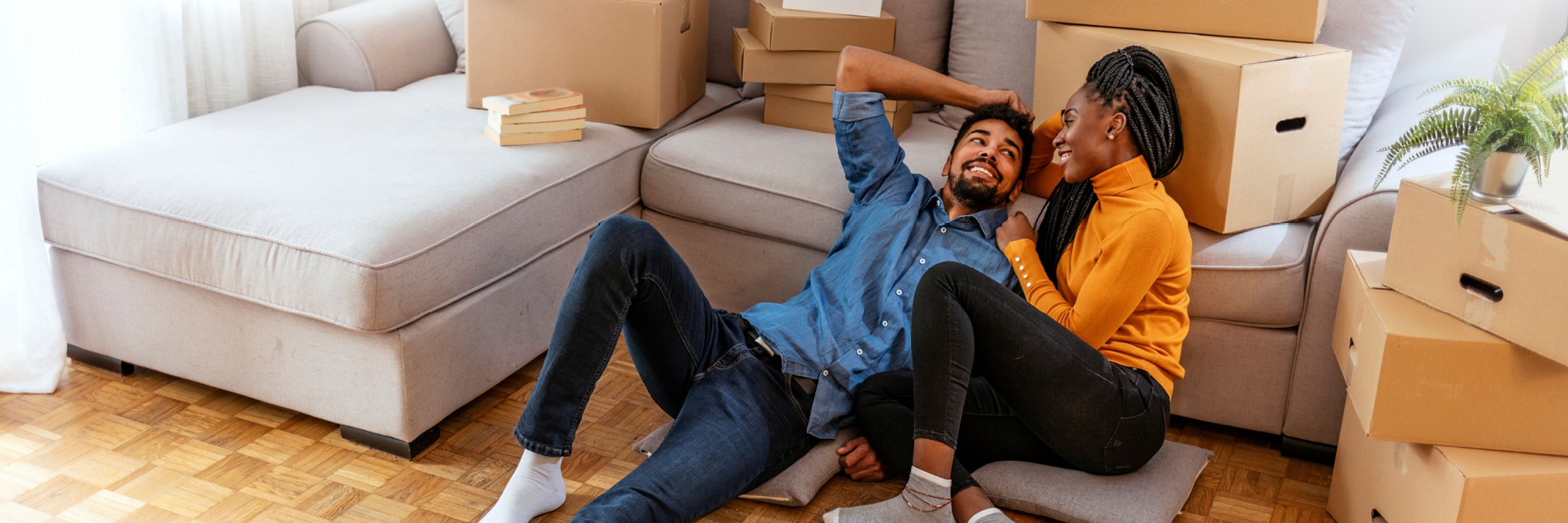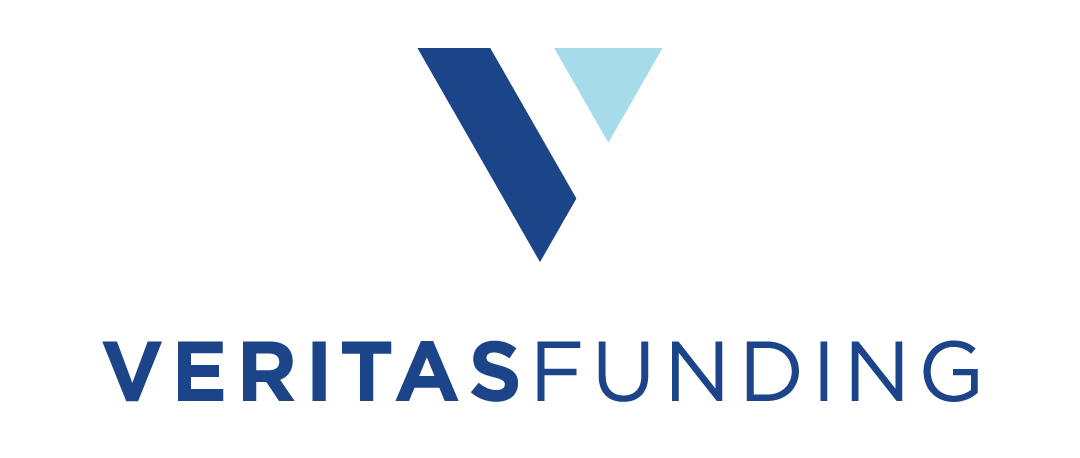
How to find and qualify for first-time homebuyers assistance programs
By Erik J. Martin, CTW Features
In many areas of the country, it’s actually cheaper to buy a home than rent. Couple that with the fact that mortgage interest rates have hovered near a historically low sweet spot over the past few months, and the conclusion is clear: It makes sense to buy a home.
The problem is, even if you can qualify for a mortgage loan at a desirable interest rate, the down payment required and closing costs involved could force you to sit on the sidelines.
“Younger buyers today struggle to assemble the funds for a down payment and closing costs due in large part to student loan debt and credit card debt. As college graduates have been borrowing at record levels for their education in recent years, wage inflation has not kept up. This leaves many millennials with higher debt, lower wages, and little or no savings, making it challenging to purchase a home,” says Annie Milli, executive director of Live Baltimore, a Baltimore-based nonprofit that seeks to increase the city’s residency by connecting prospective homebuyers with assistance resources.
Milli notes that buyers often need to put down between 8 and 11 percent of a home’s purchase price to cover the down payment, closing costs, and escrow fees. On a $200,000 home, that equates to around $16,000 to $22,000 in out-of-pocket funds.
The good news is that aid is available in the form of down payment and closing cost assistance programs if you qualify.
“First-time buyers can benefit from several different assistance programs,” notes Bruce Ailion, an Atlanta-headquartered attorney and Realtor. “Some lenders offer special incentives, such as covering closing costs or providing a reduced interest rate. Public and private organizations also provide grants, second mortgages, silent second mortgages, and forgivable second mortgages if you remain in the property for a certain length of time.”
In fact, all 50 states offer different assistance programs for first-time buyers and other home purchasers, with funds awarded that can be put toward your closing costs and/or down payment – depending on the program’s rules. A bit of hunting is involved in locating programs in your area you may be eligible for. Here are a handful of online resources worth exploring:
• U.S. Department of Housing and Development (HUD)-backed assistance programs in your state
• Housing finance agencies in your state
• Chenoa Fund down payment assistance
“In addition to homebuyer assistance programs offered on a state level or through HUD, many cities and counties have programs, too. Consult with a local real estate agent who can point you in the right direction,” suggests David Dye, founder/CEO of GoldView Realty in Los Angeles.
To qualify for many of these programs, you typically need to earn under a certain amount and not have owned a home in recent years.
“Additionally, you often need to have a decent credit score. That’s why it’s important to build up your credit score before applying for a loan or an assistance program,” recommends Mason Miranda, a credit industry specialist in Syracuse, New York.
Even if you don’t end up qualifying for a down payment or closing cost assistance grant, loan, or other program, don’t despair: There are other ways to financially get your foot in the door of your first home.
For instance, you can apply for an FHA home loan, which requires as little as 3.5 percent down, or a USDA no-money-down mortgage loan if you’re willing to live in a rural area. Or, if you are a US service member, veteran, or surviving spouse, you may be eligible for a VA home loan that offers a 0 percent down payment.
“Many lenders also allow buyers to receive gift fund assistance from family members that can apply to the down payment and closing costs. Alternatively, you could request that the home seller provide closing cost credits,” says Dye.
Prepare to work a bit harder to reach your goal, if necessary.
“Take a short-time second job. Cut out expenses like trips to fast-food restaurants. Use eBay to sell some of that stuff you have been accumulating. And ask your boss for a bonus to use toward your home purchase,” advises Ailion.
Get In Touch If you're interested in improving your life through homeownership, please provide your contact information below and a Loan Officer will be in contact. |
|
|

